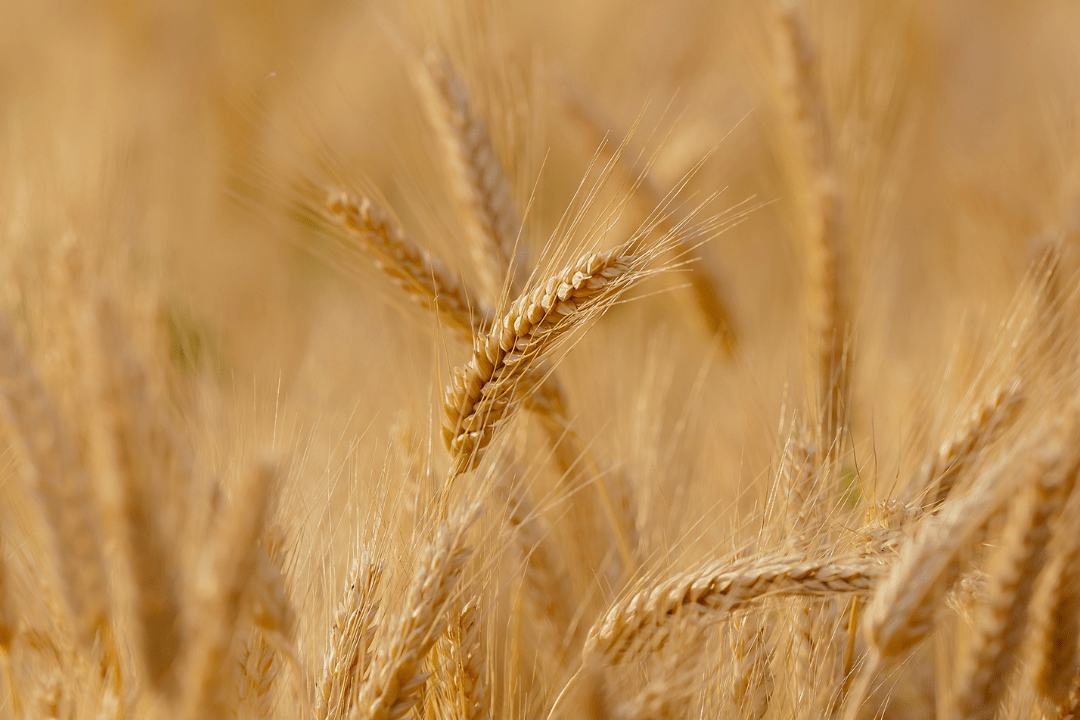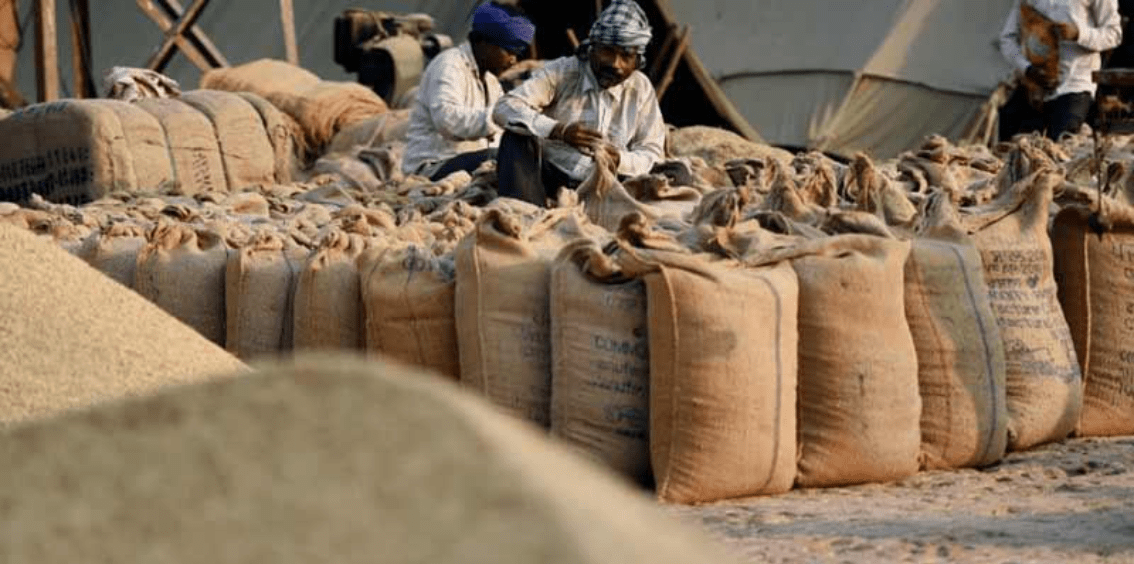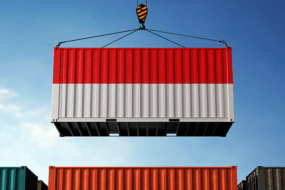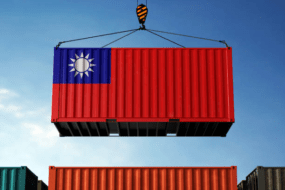- Home
- Trade News
- India’s wheat export ban bri ...

With certain exclusions, India, the second-largest producer of wheat in the world, has restricted grain exports, which may exacerbate an already bleak prognosis for world famine and add to a global deficit made worse by the conflict in Ukraine. Vietnam has been the hottest industry lately, to stay updated on Vietnam, you can view all these information on Vietnam in here on our platform: https://data.cic-tp.com/asia-trade-data/vietnam-import-export-data
It has long been considered a nation that might help make up for supply shortfalls across the world. International organisations fighting the growing threat of widespread hunger may suffer additional setbacks as a result of the export ban.
A further 47 million people may go hungry, according to the World Food Program, an organization of the United Nations. The repercussions of the conflict between Russia and Ukraine exacerbate the current situation of sharp increases in food prices and a fertiliser shortage.
In some spot markets, wheat prices in India have reached record highs of 25,000 rupees ($320) per ton, which is far higher than the government’s minimum support price of 20,150 rupees ($260). India does not typically export wheat. To find out more about accessing a new market, you can check out this article which shows you how to use Trade Data Pro to access Global Trade Markets: https://blog.tradedata.pro/say-hello-to-our-new-release-of-tradedata-pro/

Even though India is one of the world’s top wheat producers, most of it is consumed domestically.
However, India tried to increase exports right before the embargo was announced by exporting a record 10 million tons of wheat this year as opposed to barely two million last year.
According to the United States Department of Agriculture (USDA), the triennium ending (TE) 2020–21 saw an annual output of wheat of roughly 766.74 million metric tonnes (MMT). About 13.1% of it was owned by India. India contributed over 1% of the average annual wheat exports in TE 2020–21, which were around 197 MMT.
The world wheat market has seen a significant contribution from Russia and Ukraine. Their respective contributions to world output are 10.1% and 3.8% (TE 2021–22), while their respective shares of exports are 17.9% and 9.6%. The European Union is the world’s top exporter of wheat, followed by the United States, Canada, Australia, and Ukraine.
How did domestic and global markets react?
Wholesale wheat prices in all significant wheat-producing states have fallen since India’s wheat export ban was notified. Punjab prices are still the same as or higher than the Minimum Support Price (MSP). By May 16, 2022, wheat futures prices had increased 6% as a result of India’s restriction on wheat exports.
The way ahead
Indian wheat prices and other food prices will likely stay high in 2022. Recent decreases in gasoline excise taxes are anticipated to reduce some of the rising pressure on agricultural commodity prices.
Global agriculture supplies are nevertheless expected to remain unstable given the unpredictability of the world situation and the growing price of inputs like fertilisers. Instead of being a theory, climate change is a pressing problem.
To assist farmers in adjusting to the changing climate, the government must promote the “Lab-to-Land” strategy and implement strategies and technology. Early warning and real-time dynamic crop monitoring systems should be developed as the “Lab to Land” policy. Unless policymakers can access timely, credible, accurate data on crops and markets, their actions will remain.
Conclusion
In the current globalised economy, events in one nation can have a ripple effect across the globe. Most countries rely on one another, some even to satisfy the most fundamental requirements for food security. India has not been a significant player in the global wheat market, but fighting food poverty depends on people coming together in times of need.
Indian authorities must pay fast attention to changes in the market for agricultural inputs to reduce the cost of agriculture; more demand will result in higher agricultural production.
It will also improve India’s pricing competitiveness while reducing the need for minimum support price dependency and governmental stockholding activities, expanding export potential.
By using TradeData.Pro, you can see all the essential information, such as import and export data, as well as buyers’ archives. Users can view shipping data provided by logistics partners to make better-informed decisions in advance. Use Trade Data Pro to keep updated with the latest information and make the first move.
The most trustable and reliable source for Trade Data.
Since the launch of Trade Data Pro in 2018, Trade Data Pro has received overwhelmingly positive remarks from market. This is because Trade Data Pro has wide coverage, low cost, and fast response. There are many leading companies from different industries that have subscribed to Trade Data Pro .
Trade Data Pro was awarded with Singapore Quality Class in 2020 and Stevie Award Gold in 2021. Businesses need information to reveal trends, identify market opportunities, track competitors buyers and suppliers, and better understand supply chain potential.
Finding these critical data has traditionally been challenging. But this information do exist, but as part of government import and export filing requirement. The detailed shipment information which are within these filings constructions the core of the global trade.
Trade Data Pro has gathered and packaged these information as business intelligence. Our solution helps companies understand the flow of goods across borders and features the world’s largest searchable trade database. We do the heavy lifting for you by reviewing, standardising, and cleaning data, then delivering in an intuitive format.
Learn how TradeData.Pro works by watching the video below! View here on Youtube as well: https://youtu.be/QQ9wG-CesI8
Recent Posts
Archives
- June 2025
- May 2025
- April 2025
- March 2025
- February 2025
- January 2025
- December 2024
- November 2024
- April 2024
- March 2024
- January 2024
- December 2023
- November 2023
- October 2023
- September 2023
- August 2023
- July 2023
- June 2023
- May 2023
- April 2023
- March 2023
- February 2023
- January 2023
- December 2022
- November 2022
- October 2022
- September 2022
- August 2022
- July 2022
- June 2022
- May 2022
- April 2022
- March 2022
- February 2022
- January 2021
Categories
Recent Post
Indonesia Exports: Sunny Outlook Despite Coal, US
- June 30, 2025
- 9 min read
Taiwan Exports: Hitting Record Highs in Challenging
- June 30, 2025
- 7 min read
Forecasting a Brighter Outlook for Chile Imports
- May 30, 2025
- 8 min read
All Tags
Agriculture Automotive Brazil Business Business Opportunities Buyers China Coffee Commodities Crops Ecommerce Economic Economy Electronics Energy Environmental Europe Export Exports Future Garments Global Import India Industries International Trade Leads Leads Generation manufacturing Markets Opportunities Pharmaceuticals Prices Rice Russia Supplier Textiles Trade Trade Data Trade Data Pro Turkey Ukraine United States Vietnam Worldwide








